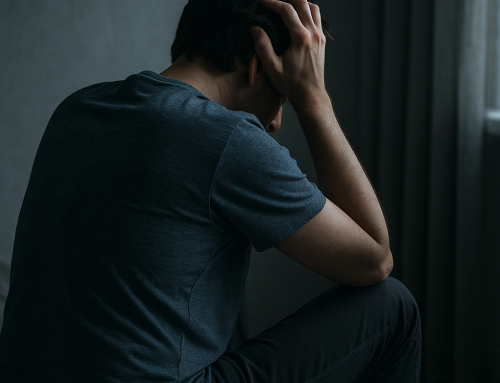Social anxiety disorder is a condition that involves experiencing intense fear or anxiety in social situations. Individuals with social phobia often avoid direct or indirect social interactions due to the fear of being judged or criticized by others. This condition can negatively impact a person’s social life, work, and overall quality of life.

Individuals with social phobia typically feel significant discomfort in situations such as:
- Public speaking or presenting in front of a group,
- Being in the spotlight,
- Engaging in social interactions or meeting new people,
- Speaking or interacting in a group.
Psychotherapy involves stages that aim to systematically improve the experienced phobia by exposing the individual to feared social situations in a ‘controlled’ manner. It helps the individual overcome their fears and contributes to feeling more comfortable in social interactions. Social phobia treatment often requires a personalized, specific approach, and it is important to collaborate with a therapist to create a plan tailored to individual needs. The treatment process may vary depending on factors such as the individual’s motivation, their relationship with the therapist, and the severity of social phobia symptoms.




